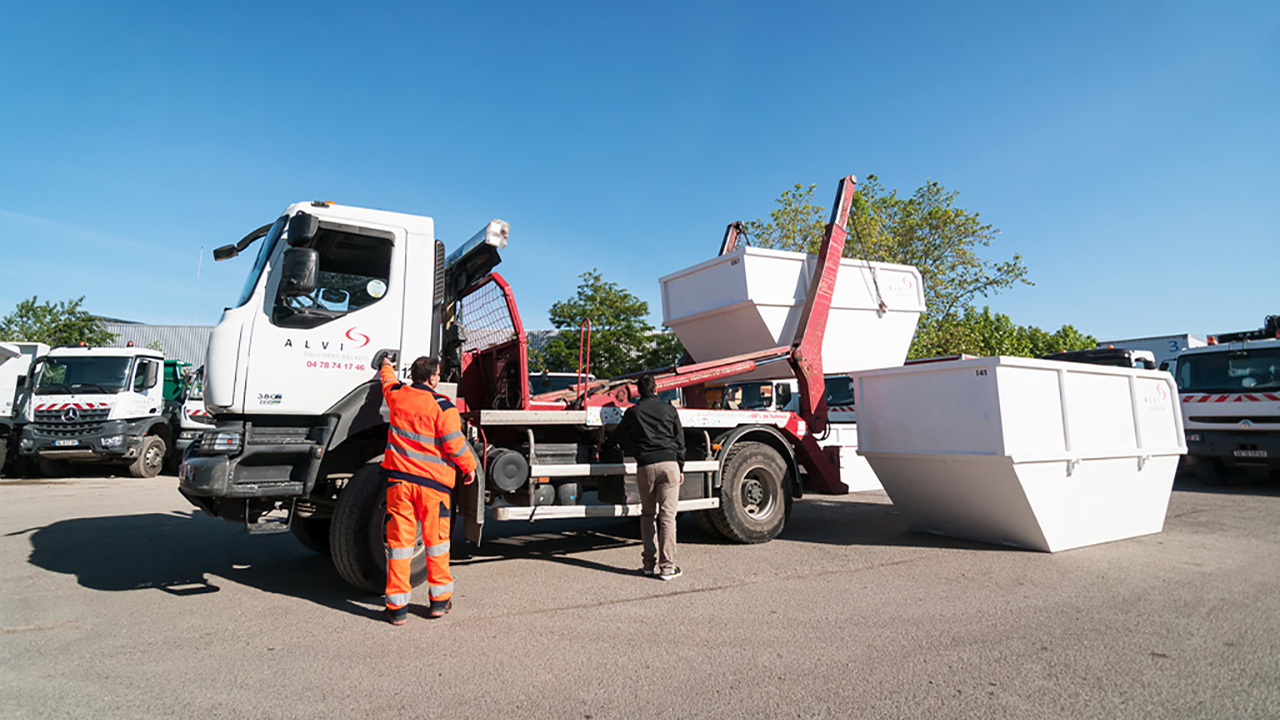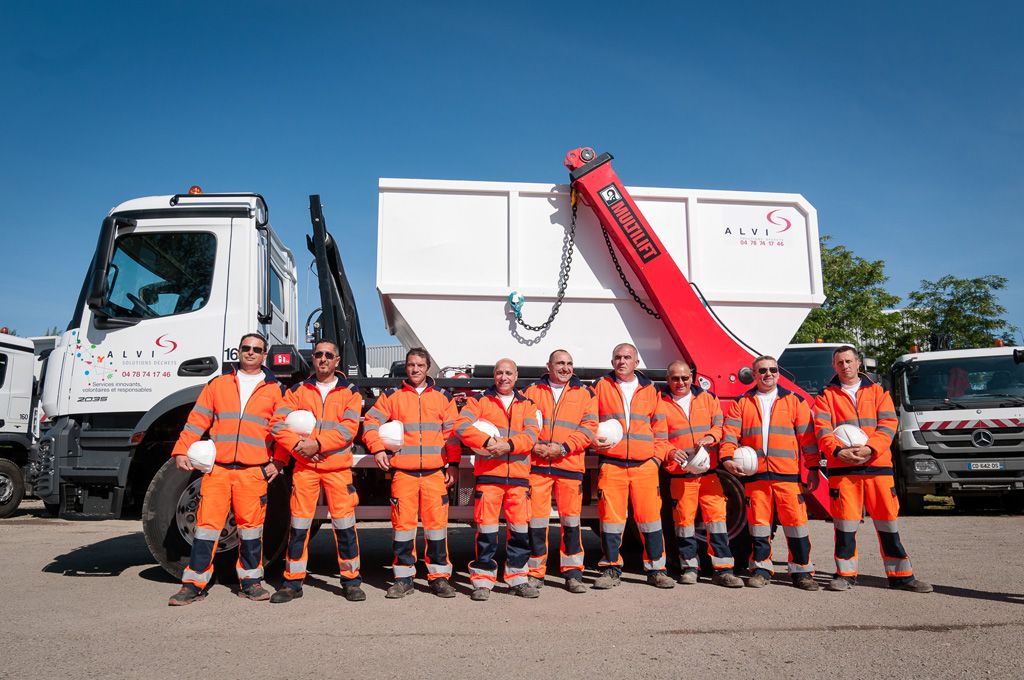Electronics, glass, plastics and textiles are an inevitable part of everyday life, yet it has become increasingly difficult for us to live with them as well, because of the billions of tonnes of waste generated every year through the use of these products. The other side of the coin is that these mountains of waste have created a global recycling industry – large and complex. As people become aware of the need to recycle waste, the recycling industry has undergone a boom. The companies engaged in this business are scrambling to keep up with the vast amount of garbage being generated.
New regulations have acted as a dampener to growth, forcing companies to look at improving efficiencies to keep pace. Stéphane Amadeo, who runs the French recycling company Alvi, is proof of the boom that the recycling sector has seen. When he took over the company in 2000, it was a small business, with just one truck and one employee. Today he has nineteen employees and uses fifteen trucks. His company handles over 20,000 tonnes of industrial waste every year, collected through 500 skips located in different construction sites throughout Lyon in France.
To recycle the maximum and reduce the non-recyclable parts to the minimum, Alvi invested in modernisation and technological development. Key to this has been Hiab’s MULTILIFT Futura series of skiploaders, which are part of Hiab’s comprehensive portfolio of solutions for the waste management and recycling businesses. Using the skiploaders allows Alvi to transport larger quantities of material to and from its facility. “Skiploaders are the first link in the recycling chain, and help us achieve better efficiency, more speed, improved security. Also, I find that these MULTILIFT units are the most reliable ones,” explains Amadeo. This coupled with plant automation has ensured that Alvi is able to meet the new regulations without raising prices for their clients.
Meanwhile, the situation is much the same for Tsuri Buchnic in Israel, who runs a family-owned recycling business. Sorting 3,500 tonnes of waste per month, collected via 450 skips placed at different construction sites, Buchnic’s business is among Israel’s top demolition-waste recycling companies. Something Buchnic credits to the company’s sustained ability to handle greater capacities than rivals.

A defining trait that started way back in 1986, when Buchnic’s father bought the first MULTILIFT hooklift which allowed the company to take on large volumes. When the MULTILIFT model was withdrawn from the Israeli market for a while, the company had to turn to other hooklift makers. Until 2016. “I went to our usual hooklift manufacturer only to find he wasn’t there. Coming back, I saw a truck in front of me carrying a familiar product,” recalls Buchnic. He immediately recognised the MULTILIFT unit from his childhood, and followed the truck to talk with the driver who was on his way to Hiab’s importer in Israel.
Soon enough, Buchnic ordered two units, while commissioning another two in due course. “It was like destiny,” he concedes jokingly. “My operations run more smoothly. It is a reliable machine, it is a fast machine, and it is constructed in a way to give you more payload, meaning that the customer can haul more volume, while saving fuel and time,” he explains.
And with the world’s garbage output showing no signs of reducing, it is these efficiencies that will help recycling companies thrive, now and in the future.
- Hooklift/Skiploaders
- Thought leadership
